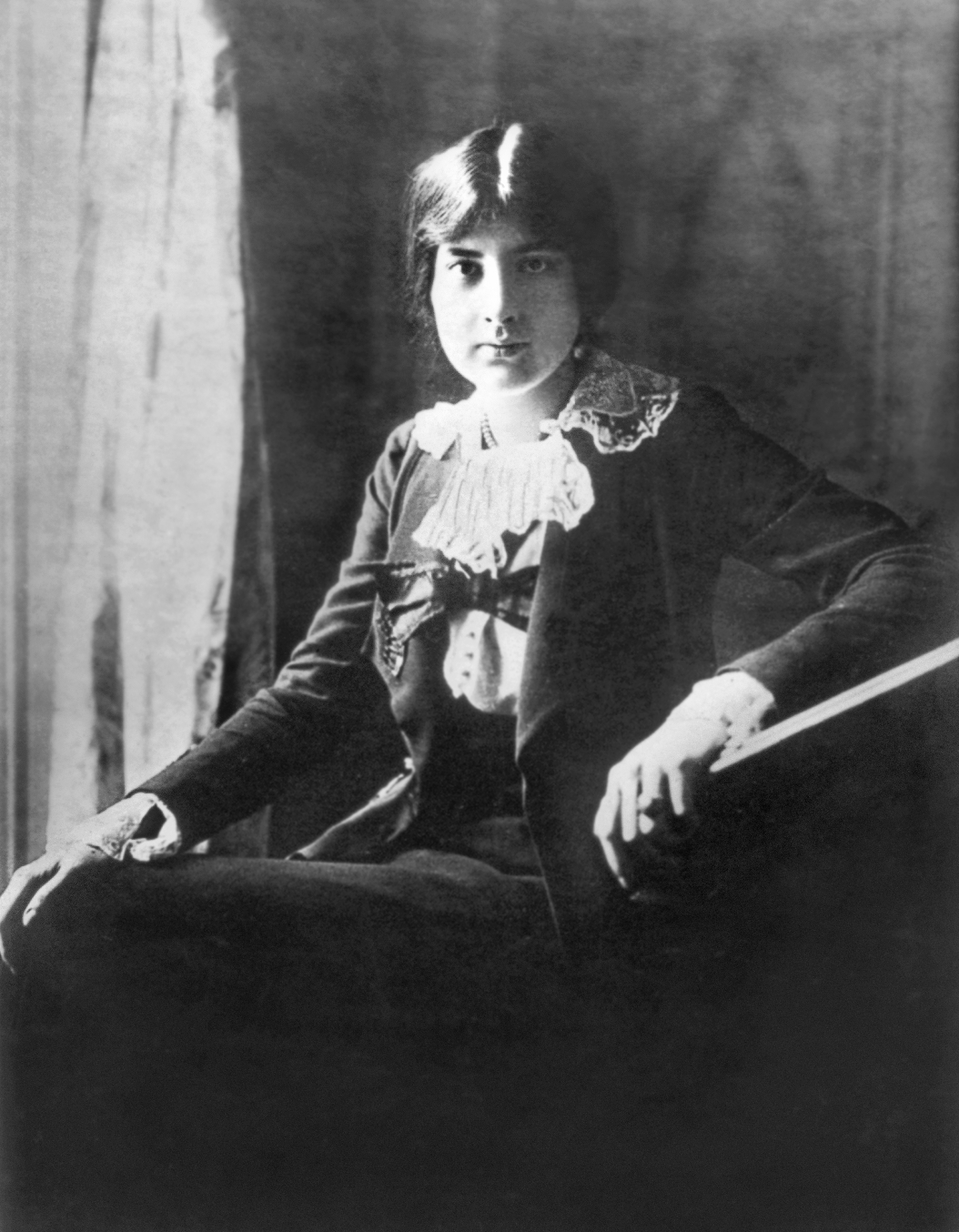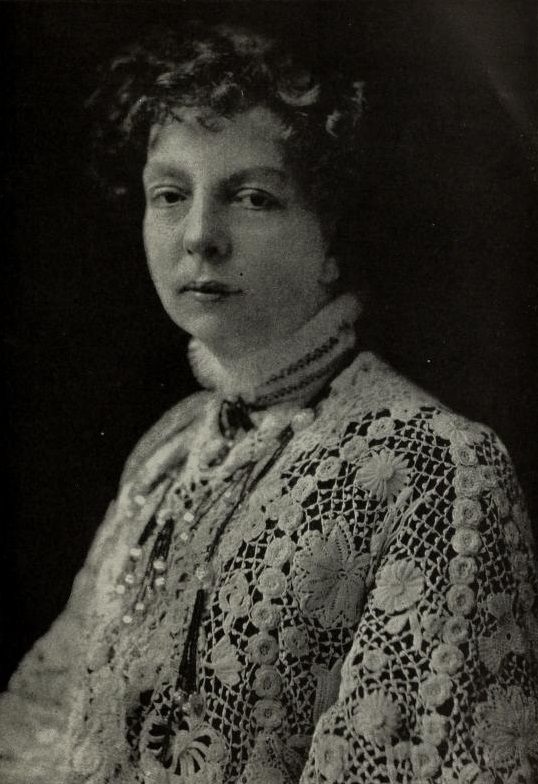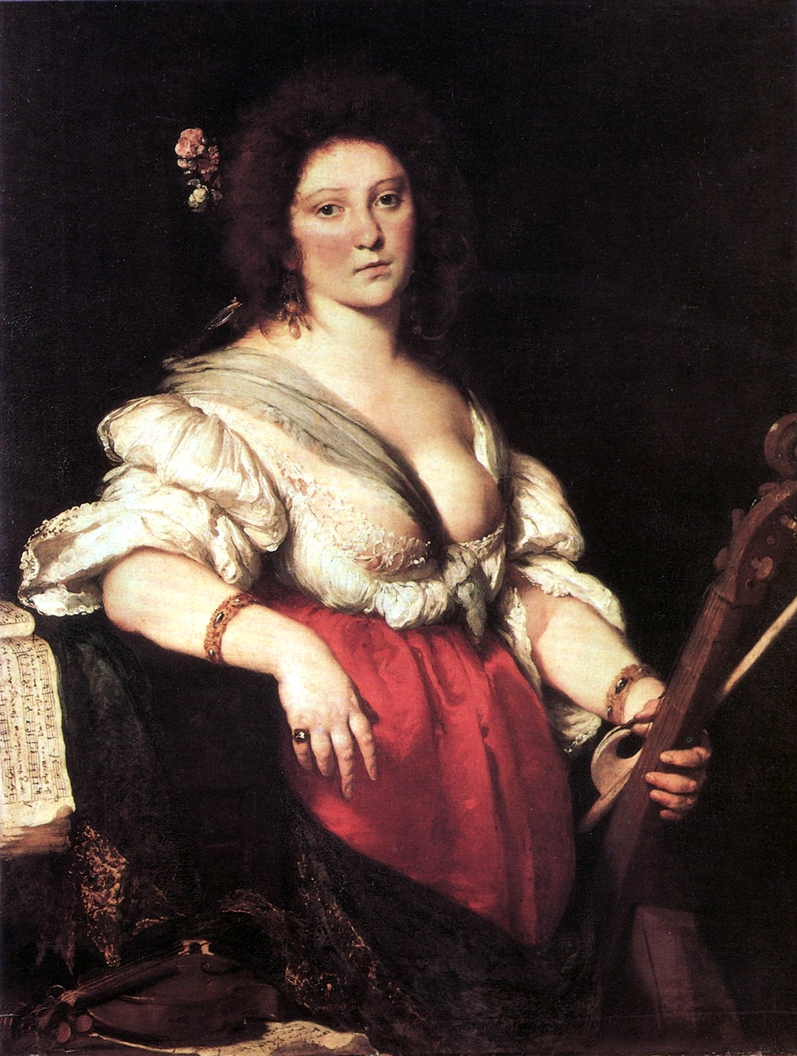You
may have heard of Nadia Boulanger (1887–1979), legendary teacher to Aaron
Copland, Philip Glass, Astor Piazzolla, and many more. But did you know that
Nadia had a younger sister, Lili (1893–1918), who was a talented composer?
Let’s wrap up our discussion on women composers this month by looking at Lili
and her work.
 |
| Courtesy of https://commons.wikimedia.org |
The
talented Boulanger sisters were born into privileged circumstances near the end
of the nineteenth century. Musical talent ran in their blood, their grandmother
was a celebrated singer and their father, a former winner of the Prix de
Rome. It is no wonder that both girls
decided to pursue music as a career. Nadia, feeling pressure to financially sustain
her family following their aged father’s death, attempted several times to win
the Prix de Rome to no avail. While the Paris Conservatoire allowed women to
enter the competition at the time, it made it nearly impossible for them to
win. Despite this, Lili got the idea to attempt the competition herself and, in
1913, became the first woman to win with her cantata Faust et Helene.
After
winning this prestigious competition, Lili was launched into the musical world,
having her works performed alongside the masters and quickly obtaining a
contract with a music publishing company, who promised a steady income.
Having
struggled with health problems since she was a child, Lili’s health began to deteriorate
shortly thereafter. She passed away at the age 24, leaving the world to wonder
what musical masterpieces could have been if she had lived a full life.



.jpg)
